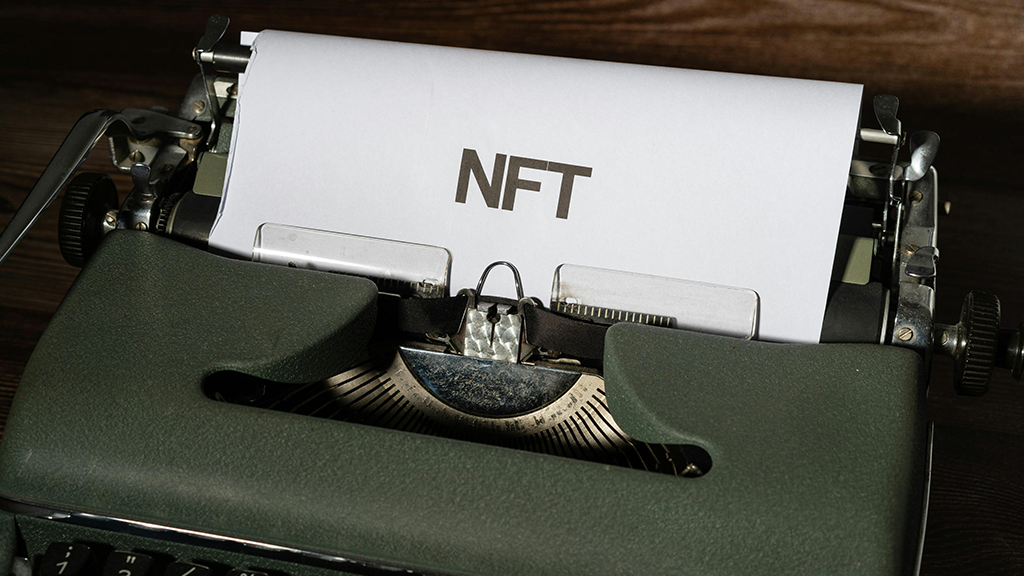Bybit’s Web3 Wallet is the newest service that a trusted crypto exchange has to offer. With Web3 services, Bybit can connect you to a platform that promises the best-in-class reliability and security, offering you potential ways of not only holding your digital assets but securing them as well.
The Bybit Web3 contains a plethora of features that allow a user to seamlessly access the decentralized web of both Defi and GameFi, and also the NFT markets. Boasting benefits such as cross-chain compatibility, private key management, Airdrop management, and access to the NFT marketplace and DeFi products, Bybit aims to be the preferred way to use the Web3 ecosystem for all of Bybit and crypto users worldwide.
With just a single click, the Bybit Wallet is simple to use and says it requires no individual responsibility when managing a private key. Bybit Web3 currently supports Ether (ETH), BSC, and ERC-20 tokens. By using decentralized applications (dApps), this open-source software is designed to run on peer-to-peer (P2P) blockchain networks rather than centralized services. DApps, Bybit states, are similar to web apps but are peer-to-peer supported.
People are also reading…
Through the Keyless Wallet (MPC Wallet) features from Web3, users can access a specialized cryptocurrency wallet by creating a Bybit account. This wallet then employs advanced cryptographic techniques to help secure private keys, purportedly adding an extra layer of protection. The Keyless Wallets also distribute key generation and storage processes among multiple properties, potentially minimizing risks associated with a single point of failure.
MPC technology eliminates the need for memorizing private keys, providing easy access without the traditional mnemonic requirements. Multi-party computation also claims to ensure unmatched asset protection by concealing the complete key during dApp interactions. This may eliminate the risk of key exposures and greatly enhance security.
Keyless Wallets can only be created and managed within the Bybit app. However, users should be able to interact with dApps on supported networks and through WalletConnect on desktop environments. This dual system approach should allow for flexibility in managing assets within the Bybit app while engaging with a broader decentralized ecosystem on the website. Each Bybit account can only possess one Keyless Wallet at a time, which will need to be backed up before it can be used. The private key share stored in the cloud drive will be encrypted alongside your recovery password.
If a device becomes lost, wallet restoration should be possible through the key-share backed up to personal cloud storage combined with the key-share secured by Bybit. Users will need three-factor authentication to restore the Keyless Wallet. This includes the Bybit account, the recovery password, and the complete backup file in the cloud drive. For this reason, safeguarding personal cloud storage is crucial. Deleting the backup file will result in not only the loss of the wallet, but in the assets as well.
Bybit’s Web3 applications are opening the world of cryptocurrencies up to even more people. This makes it important for potential users to utilize the best technology, which Web3 may now offer. It may be one of the most secure ways to utilize cryptocurrency and might offer you the protection you need while exploring a digital space.
This information is intended for educational purposes only and is not to be used as investment advice. As with all investments, there is risk, and the past performance of a particular asset class does not guarantee any future performance.
Lee Enterprises newsroom and editorial were not involved in the creation of this content.
This news is republished from another source. You can check the original article here

